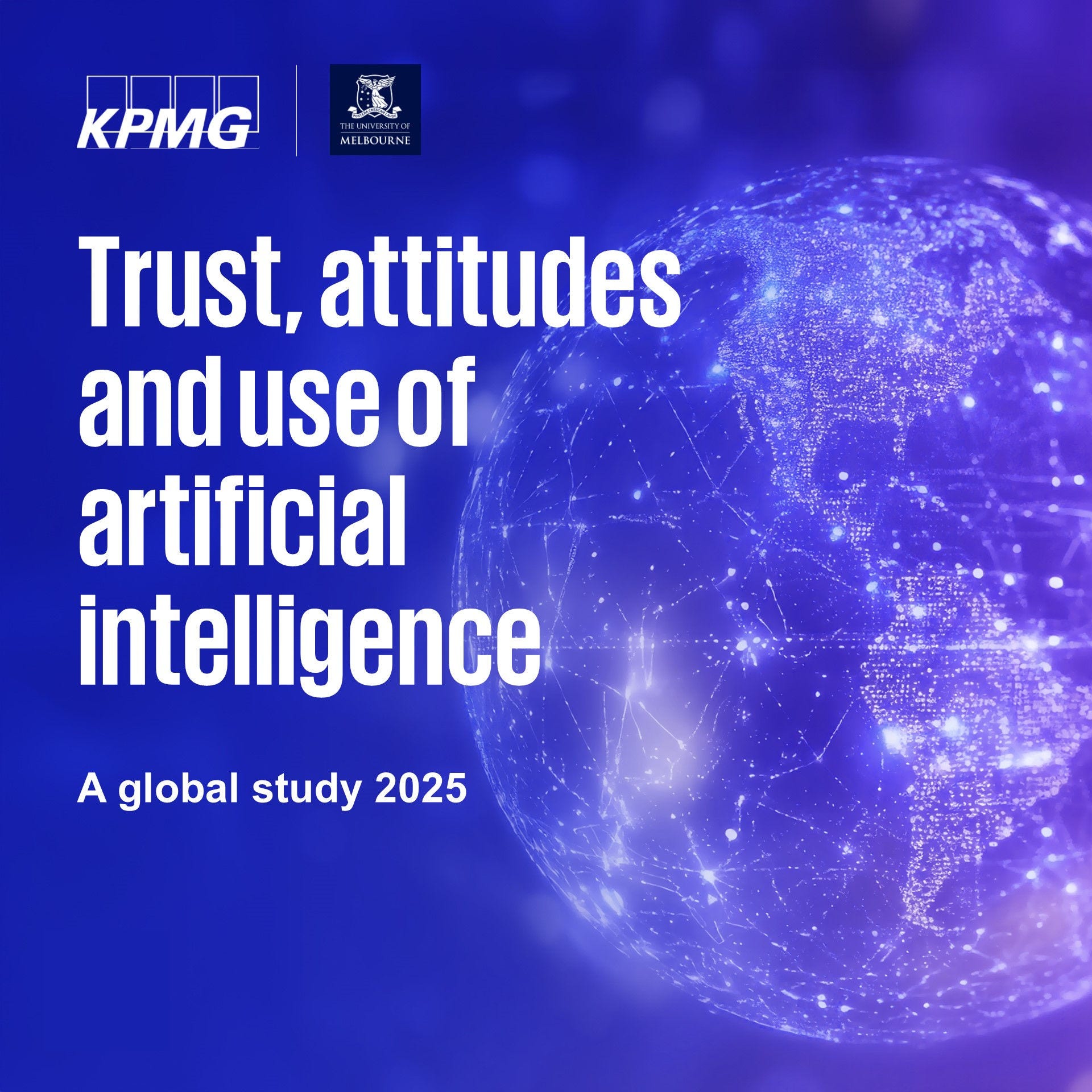Latvian residents generally support the use of artificial intelligence (AI), according to a global study on public trust in AI conducted by the University of Melbourne in collaboration with KPMG. The survey found that 78% of respondents in Latvia view AI positively, and 80% expect it to bring significant benefits. At the same time, concerns remain about potential risks and the spread of misinformation.
Latvians acknowledge the benefits of AI, but remain mindful of the risks
Public trust in the potential of AI in Latvia is relatively high—72% of respondents have personally experienced its benefits, most commonly citing increased efficiency (83%). However, 76% express concerns about possible negative consequences, and 53% have already encountered unpleasant experiences. The most frequently mentioned drawback is reduced human interaction (64%).
Latvians surpass the global average in AI literacy
The study found that AI proficiency in Latvia is comparatively strong—65% of respondents believe they can use AI tools effectively (compared to the global average of 60%). Additionally, 39% have acquired AI-related knowledge either formally or informally.
AI in the workplace: broad adoption and growing risks
AI solutions are becoming increasingly common in the workplace—67% of respondents say AI is already being used in their organization. The main advantages are improved efficiency and increased innovation. At the same time, 53% admit to having made mistakes at work due to AI, while 47% acknowledge having used it inappropriately.
Artificial intelligence is already transforming how companies in Latvia operate and make decisions. However, to gain real competitive advantage, technology implementation alone is not enough. It is essential to build awareness of AI’s capabilities and risks, develop employee skills, strengthen ethical standards, and improve organizational processes. Only then can AI’s full potential be realized in the long term, explains Ričards Fomrats, Head of Technology Transformation Services at KPMG Latvia.
Strong public support for AI regulation
Although only 24% of the population is aware of existing AI regulations, 63% believe this technology requires proper regulation. Furthermore, 81% agree that laws should be enacted to combat AI-generated misinformation, and 69% express concern that AI-generated content could impact the fairness of elections.
About the study
The study "Trust, Attitudes and Use of Artificial Intelligence: A Global Study 2025" was conducted by the University of Melbourne in partnership with KPMG. It includes responses from over 48,000 people across 47 countries and explores the impact of AI on individuals and organizations. This is one of the most comprehensive global studies to date on public trust, perceptions, and use of AI.

